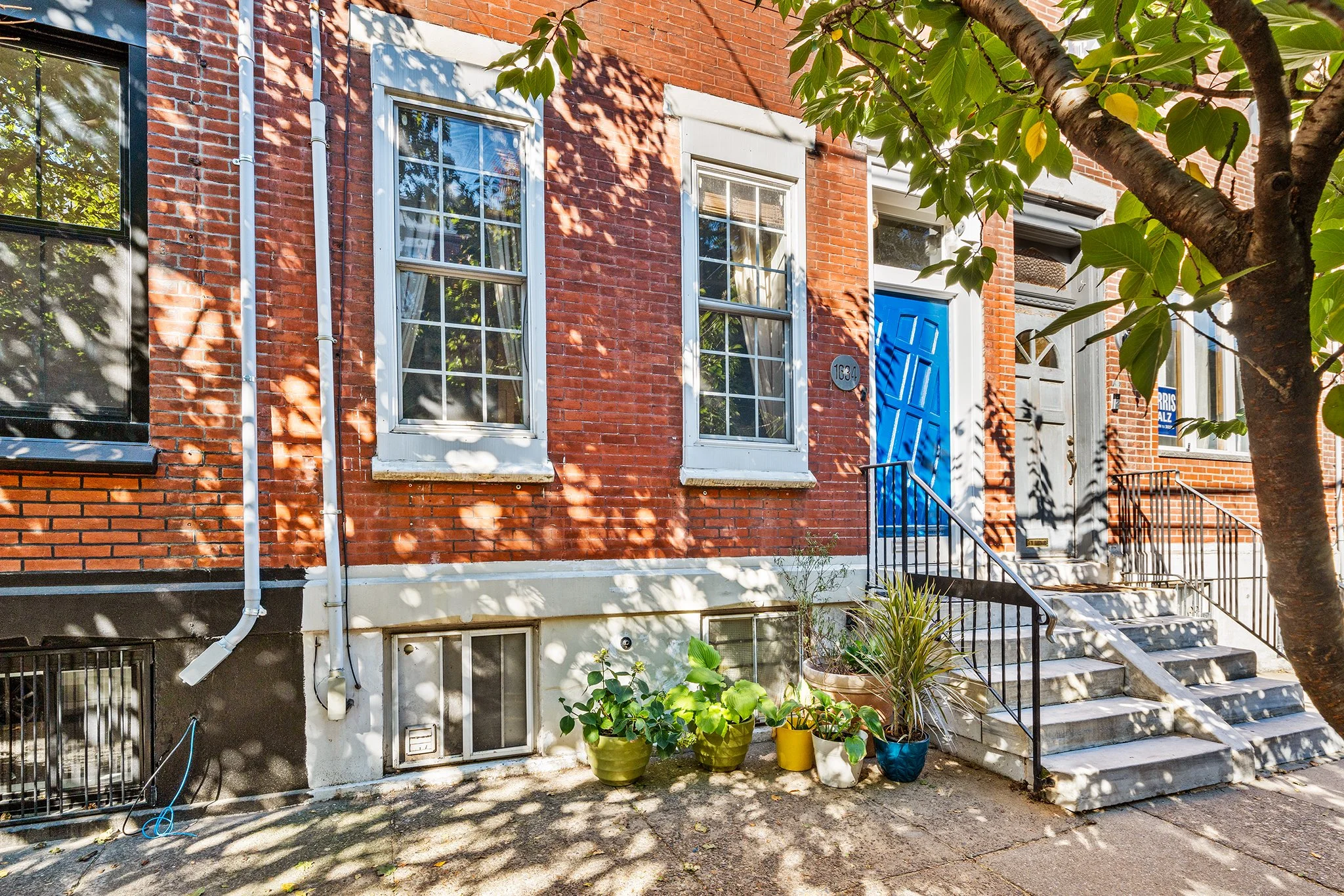When navigating the world of real estate, you’ll likely come across the term “escrow.” It’s something that goes on in the background of a transaction, but it’s also a term that is used widley on HGTV. In addition to the home buying process, it also comes up a lot while leasing a property for rent and also in mortgage payements. It’s a noun and a verb. Here’s more about what escrow is and why it’s held during the homebuying process in PA.
What is Escrow (In PA)?
Escrow is a neutral, third-party account used to hold funds or documents on behalf of people in a transaction. In real estate, it is meant to ensure all parties fulfill their contractual obligations. A lease may specify that a security deposit be held in escrow until the lease has ended and there is no damage to the property. A home purchase contract will specify that earnest money deposits be put into escrow until the terms of the agreement are met.
Why are funds held in Escrow in a home sale?
A home purchase contract is a promise between a buyer and seller. The buyer promises to purchase the home for a set price by a certain date as long as certain conditions are met and both parties follow the rules of the contract. Escrow holds the buyer's deposit until all the contractual conditions are met. This protects the seller by making sure the buyer is serious, and it protects the buyer by ensuring the seller follows through with their promises. All parties know that funds won’t change hands until all terms are satisfied, making escrow a fair and transparent process.
Here are a few examples:
Buyer Protection: In the Standard Agreement for the Sale of Real Estate authored for use by the Pennsylvania Association of Realtors® (PAR), the seller is responsible for conveying clear title to the property, ensuring there are no liens or encumbrances that would prevent the sale. If the seller failed to do so, your deposit that is held in escrow would be released as outlined in the contract.
Seller Protection: If the buyer cancels the agreement without a valid reason or outside the contingencies, the seller may retain the earnest money in escrow as outlined in the contract.
How Does Escrow Work in Pennsylvania?
Here’s a simplified breakdown of how the escrow process works in PA when using PAR’s Standard Agreement for the Sale of Real Estate.
Opening Escrow
Once the buyer and seller agree to the terms of the sale, escrow is officially opened. The agreement of sale and the deposit money notice are both official documents disclosing where your escrow funds will be held and who owns the account. The PAR agreement of sale designates the seller’s brokerage as the escrow account holders unless “otherwise stated here”, and there’s a blank in case the seller chooses a discount brokerage that doesn’t offer that service. Philly Home Girls’ brokerage, Elfant Wissahickon Realtors, will always hold escrow on behalf of their buying clients in the case the sellers choose a brokerage that does not.Escrow Period
During the escrow period, the funds remain in the account while key steps in the transaction are completed by their set deadline:Home Inspection: Buyers will conduct inspections to ensure the property’s condition meets their expectations.
Title Search: A title company will confirm that the seller has the legal right to sell the property and that no outstanding liens or claims exist.
Appraisal: The buyer’s lender may require an appraisal to ensure the home’s value aligns with the purchase price.
Loan Approval: If financing is involved, the buyer’s mortgage application will need to be approved.
If these are not fulfilled as stated in the agreement, the escrow funds will be returned to either the buyer or seller, depending on the reason for the breach.
Closing Escrow
Once all conditions are met, the title company will prepare the final documents for closing. The buyer’s deposit held in escrow will be released to the title company to be used toward closing costs. The buyer brings the remaining funds to the closing table and the seller will transfer the title to the buyer. The title company ensures that all funds and documents are in order before releasing the money to the seller and finalizing the sale. Both parties will know where each and every dime of the escrow is and how it is accounted for on the settlement sheet.
What Happens to the Escrow After Closing?
Most transactions wrap up the escrow that is linked to the sale of the property at closing, however, escrow can also be held after the transaction due to incomplete items that the seller promised the buyer. This can be repairs that won’t be complete until after closing, utility issues, repairs required for the city certification and the list goes on.
Once you’ve become a homebuyer with a mortgage, you will continue to make monthly payments into an escrow account for property taxes and homeowner’s insurance. It’s a seamless experience that is wrapped into your monthly mortgage and managed by your lender. They will use these funds to pay the bills when they are due, ensuring that these essential expenses are covered.
Escrow is protection for all
Escrow is a vital part of real estate transactions in Pennsylvania, acting as a safety net for both buyers and sellers. It ensures that all parties fulfill their responsibilities and provides a secure, structured environment to transfer property ownership. For buyers and sellers, knowing how escrow works helps make the home buying or selling process a smoother experience.














Saving money for a downpayment and closing costs is the # 1 reason people are holding off on purchasing a home. PHG agent Rachel Shaw came up with a trusty list of some of her favorite homebuyer assistance grants and loan programs. With a little help, your dream of owning a home may not be as far off as you thought!